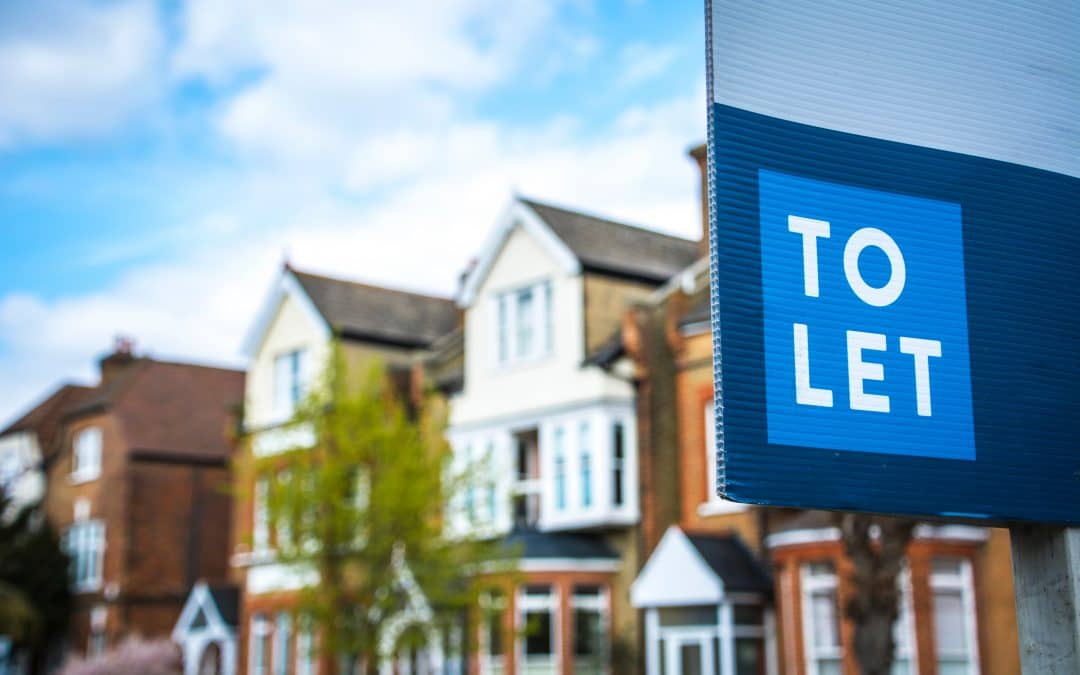As the shutters lift on life, with shops and bars opening and holiday planning underway, property owners may be thinking of cashing in on the demand for UK trips by offering their home for short-term lets, but they may run into trouble if they don’t check the small print.
Whether it’s your main property or a second ‘holiday home’ it’s worth checking out how you stand before posting the advert on Airbnb, Homeaway or other short-term letting sites, as it may affect your mortgage, your lease, your tax return, your property insurance, and may even require planning permission.
Any property that is mortgaged will be subject to terms that usually prevent renting out your home without permission from the lender. While it can be simple to gain permission for letting out the property if you intend to return at some point, such as being sent to work elsewhere for a year, many lenders will not allow short-term or holiday lettings.
If you own a leasehold property, then the lease may contain restrictions that can affect your plans. Lease covenants have been put to the test in the courts in recent years and in 2018 a court decided that Airbnb lettings represented short-term commercial hire for paying guests. This breached covenants requiring the property to be used as a residential flat and occupied by one family only, so the owner was blocked from offering short term lettings.
“The terms that were breached were the sort that are found as standard in most long-term residential leases,” explained Wollens property legal expert Mark Iddles . “If you breach such terms, it’s likely to lead to legal action being taken by the freeholder. Even if you don’t check out what the lease says, or decide not to ask the freeholder for permission, it’s very likely that another resident will pick up on what is happening and raise the alarm. Even freehold properties can have restrictions against short term holiday lets and you would be advised to check your title before making the commitment to let your property.”
Another potential problem is whether the letting is in breach of local planning regulations, as some local authorities require a change of use to be approved where residential property is turned over to temporary accommodation.
Recently, Oxford saw the first successful action by a local authority to ban the use of a property for short lets without planning permission. The City Council issued a planning enforcement notice against the owner following complaints of antisocial behaviour and nuisance arising from guests. The Planning Inspectorate ruled in favour of the council, meaning that without planning approval for a material change of use the owner can no longer let the property on Airbnb.
Mark added : “In Oxford, the council is calling for greater regulation of short-term lets, proposing a change in the law and that there be a register for owners who make use of their property in this way. This mirrors the stance taken by Airbnb themselves, who have proposed regulation for letting an entire property for more than 140 nights, so it’s likely that we will see movement along this path over the coming months. London landlords are already required to seek planning permission if they are letting out an entire house on a short-let basis for more than 90 nights in a year.”
And any property owner who has overcome all those hurdles, and decided to go ahead with letting the property, needs to ensure their tax affairs are in order and the right insurances in place. Airbnb has agreed to share data with HMRC on the rental income of hosts. Any host who has received over £1000 a year by letting out their second home, or more than £7,500 for their main home, must declare this rental income to HMRC and the data sharing is likely to lead to many homeowners being targeted for non-compliance.
Property insurance may be affected if any part of a property is being let. Also, there may be a need for specialist insurances, such as to cover liability of guests being injured on the property, or to protect against possible loss of income due to unforeseeable events, a factor that will have been uppermost in owner’s minds over the past year.
For advice on property matters please contact Mark Iddles on [email protected] or call 01803 225180
Web site content note:
This is not legal advice; it is intended to provide information of general interest about current legal issues.



